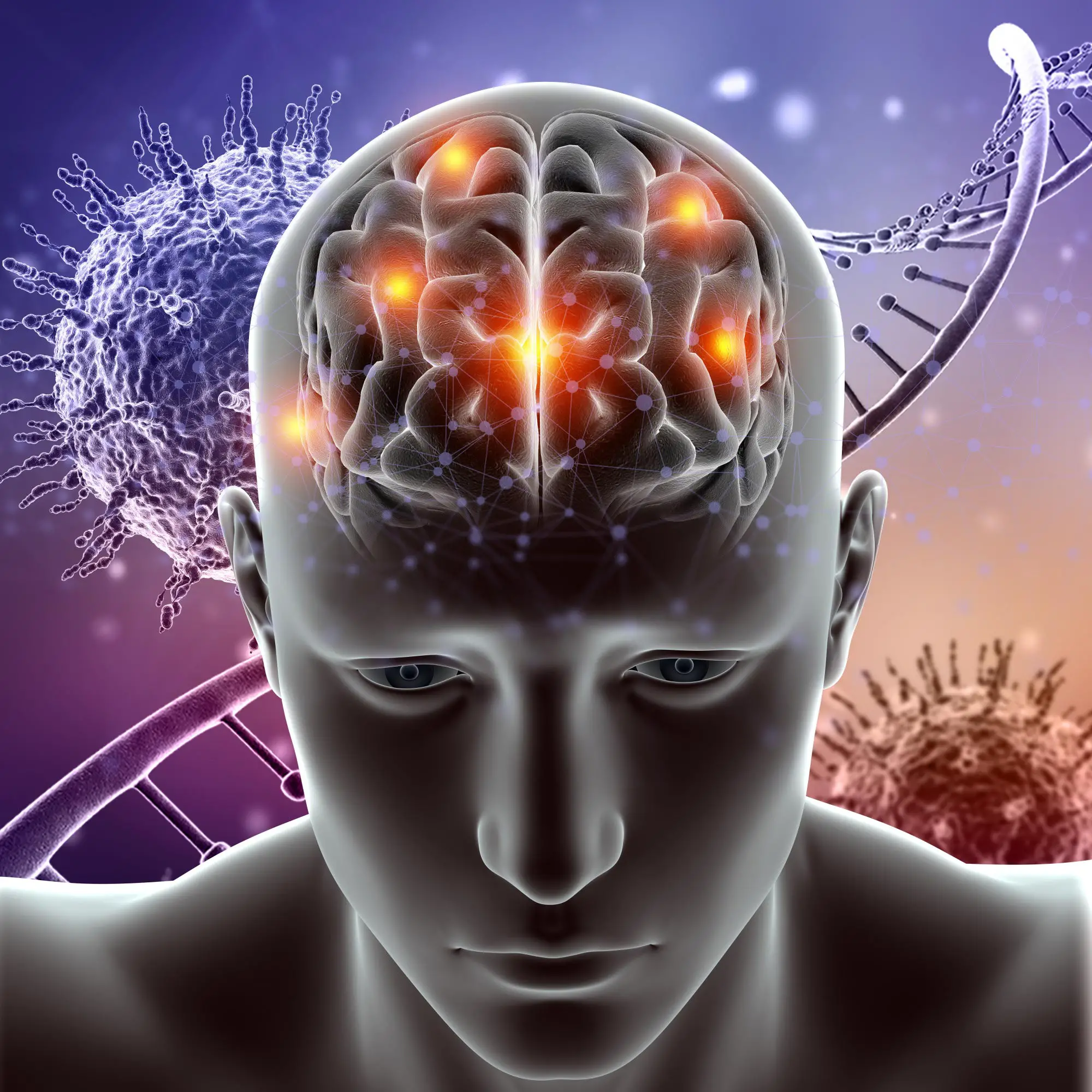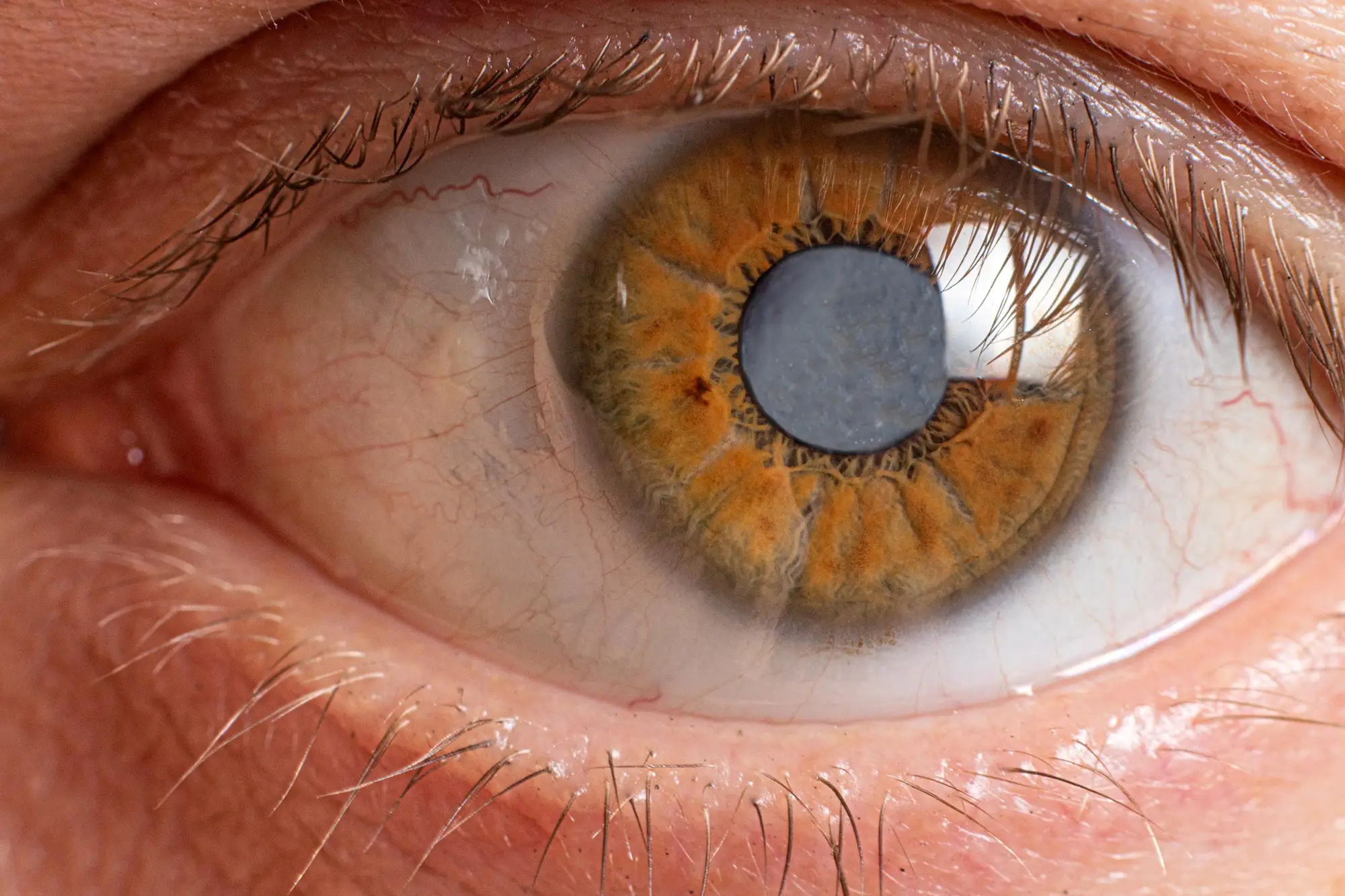Summary of NIH Study Exposes the Inner Workings of Neurological Symptoms:
A study conducted at the National Institutes of Health (NIH) has found that people with persistent neurological symptoms after contracting SARS-CoV-2, also known as Long COVID, have differences in immune cell profiles and autonomic dysfunction. The study analyzed the clinical and biological features of 12 Long COVID patients using deep phenotyping and found lower levels of T cells, increased numbers of B cells, and problems with the autonomic nervous system. These findings contribute to understanding Long COVID and may lead to better diagnoses and new treatments. The study is part of a broader government-wide effort in response to the Presidential Memorandum directing the Secretary for the Department of Health and Human Services to mount a complete and adequate response to Long COVID.
*****
Study Reveals Immune Cell and Autonomic Dysfunction Differences in Long COVID Patients
A study by the National Institutes of Health (NIH) found differences in immune cell and autonomic dysfunction in twelve people suffering from persistent neurological symptoms after SARS-CoV-2 infection. The research provides vital insight into the biological mechanisms of Long COVID and could lead to improved diagnoses and more effective treatments.
Understanding Long COVID
Long COVID is a condition experienced by some patients who have recovered from COVID-19. Symptoms include sleep disturbances, “brain fog,” chronic fatigue, and shortness of breath. These symptoms can be severe and last months after an initial SARS-CoV-2 infection. Long COVID is a relatively new medical condition, and research is ongoing to understand its causes and possible treatments.
What is Deep Phenotyping?
Deep phenotyping is an approach that uses comprehensive testing to analyze clinical and biological features. In the case of the NIH study on Long COVID, participants underwent a clinical exam, questionnaires, advanced brain imaging, autonomic function tests, and blood and cerebrospinal fluid tests. This process allowed researchers to understand the Long COVID patients’ neurological and immune health.
Key Findings
The NIH study found that people with Long COVID had lower levels of CD4+ and CD8+ T cells, immune cells involved in coordinating the immune system’s response to viruses. Researchers also found increases in B and other immune cells, indicating that immune dysregulation may play a role in Long COVID. The study also found that Long COVID patients had problems with their autonomic nervous system, which controls unconscious functions like breathing, heart rate, and blood pressure. Autonomic testing showed abnormalities in regulating vascular tone, heart rate, and blood pressure when changing posture.
Implications and Future Research
The findings of the NIH study are a significant step in understanding Long COVID. The results may help researchers better characterize the condition and explore possible therapeutic strategies, such as immunotherapy. Further research is necessary to establish if immune dysfunction and autonomic problems are linked to specific Long COVID symptoms and to develop targeted therapies that address these issues.
Government Response
The NIH study is part of a broader government-wide effort in response to Long COVID. The National Research Action Plan is a government effort directed by the Department of Health and Human Services to address Long COVID. The plan and its accompanying “Services and Supports for Longer-term Impacts of COVID-19” report aims to advance progress in prevention, diagnosis, treatment, and provision of services for those experiencing Long COVID.
Conclusion
The NIH study provides valuable insights into the biological mechanisms of Long COVID, highlighting how immune cell and autonomic dysfunction may play a role in the condition’s development. The research could lead to more effective diagnoses and treatments for Long COVID. The findings are essential in combating this challenging new condition, easing individuals’ suffering, and experiencing the debilitating effects of Long COVID.

